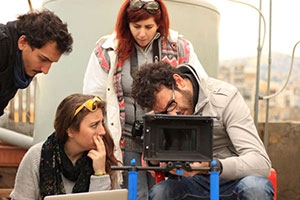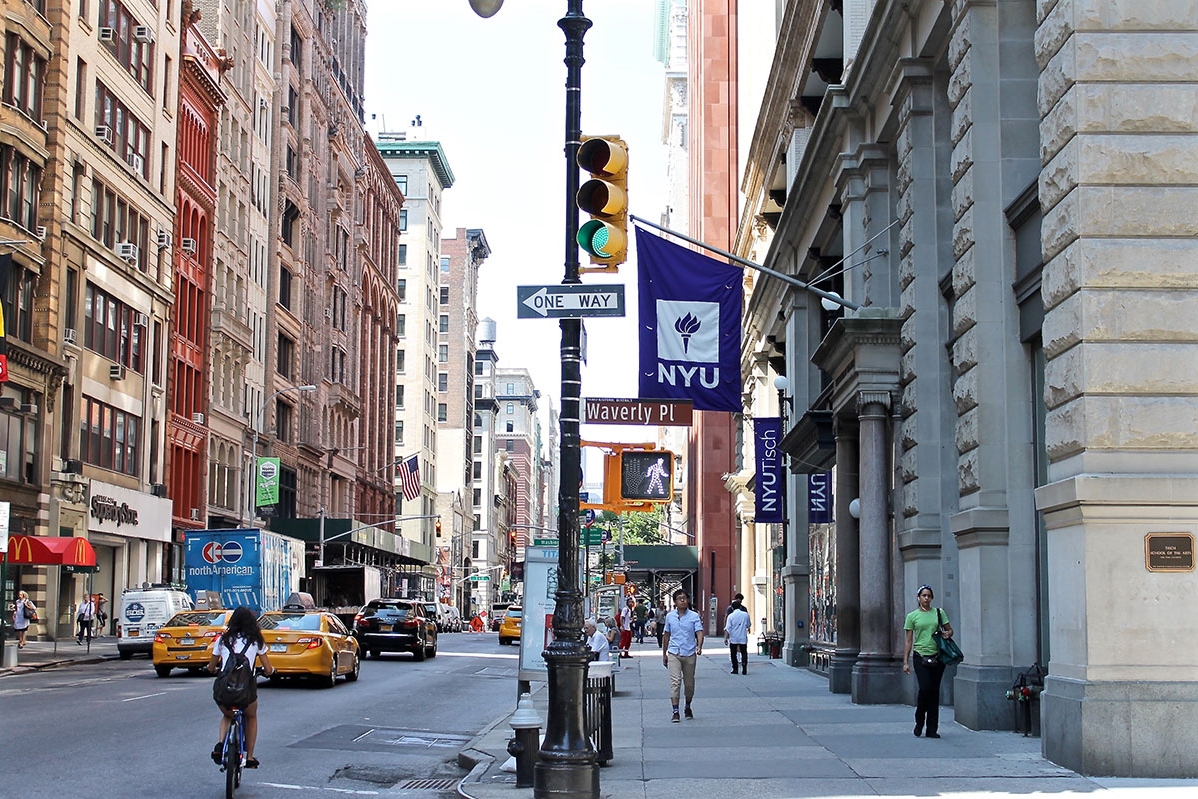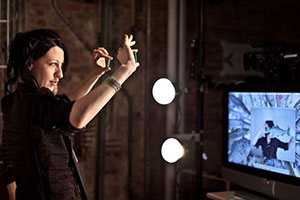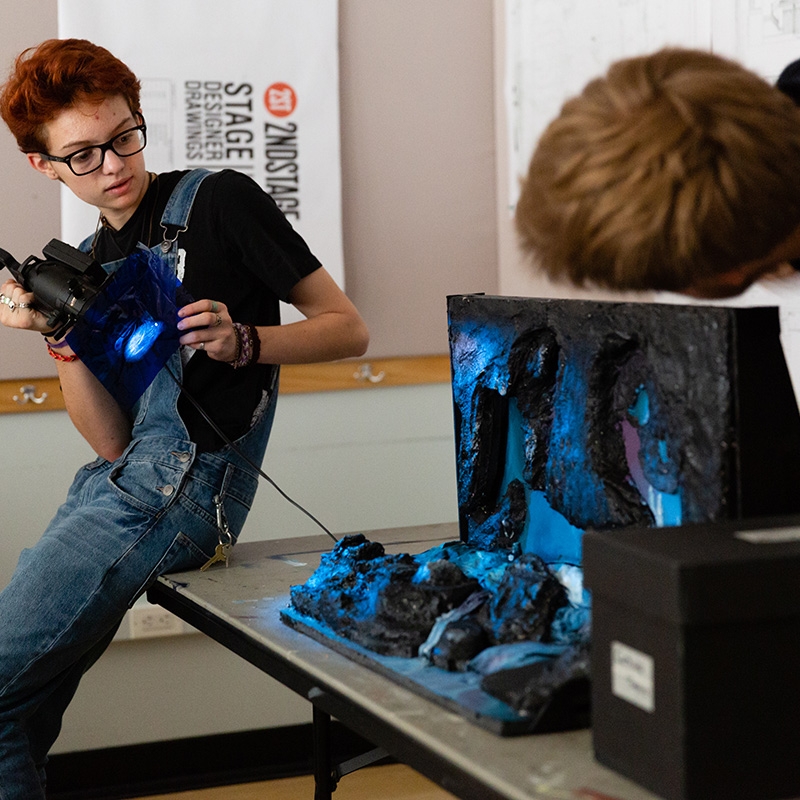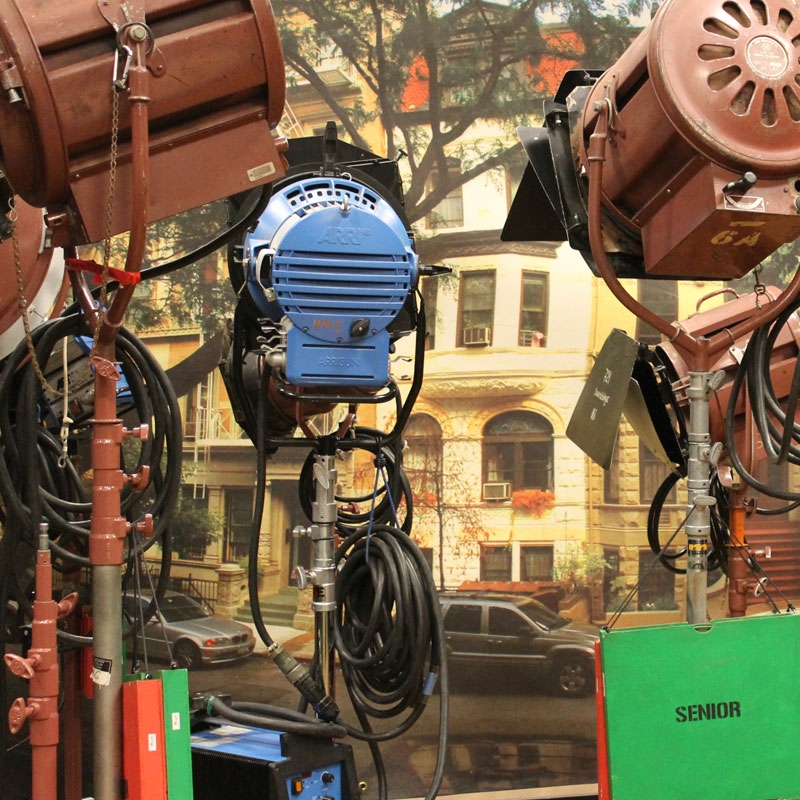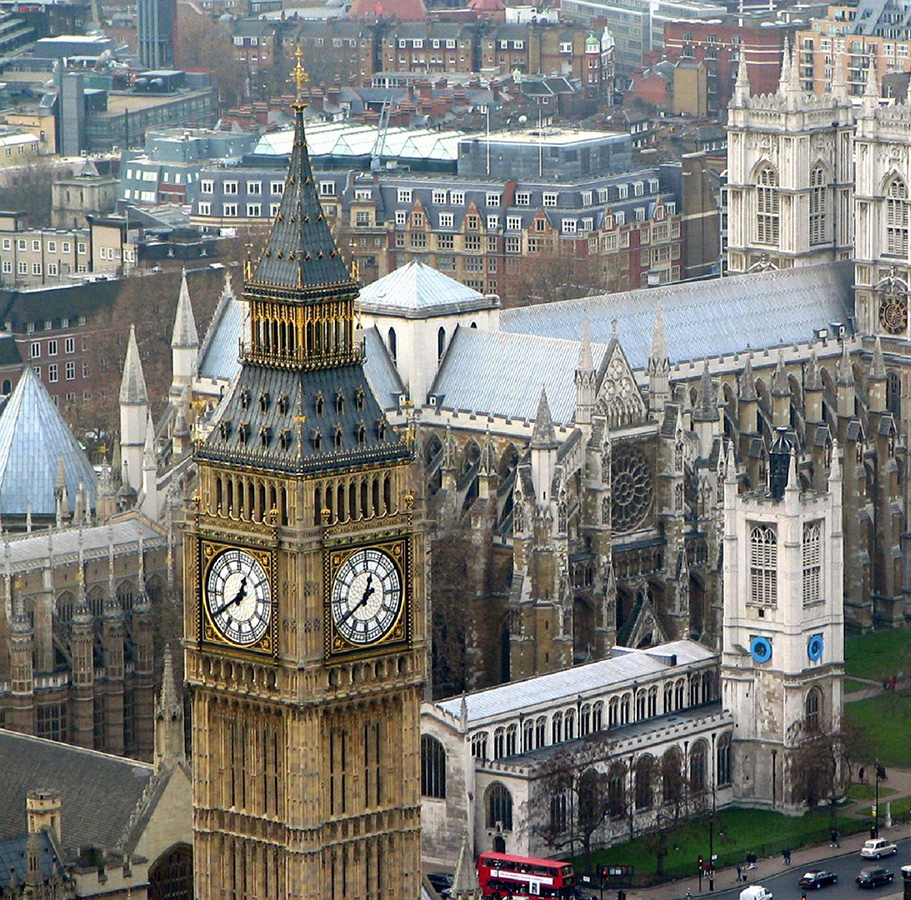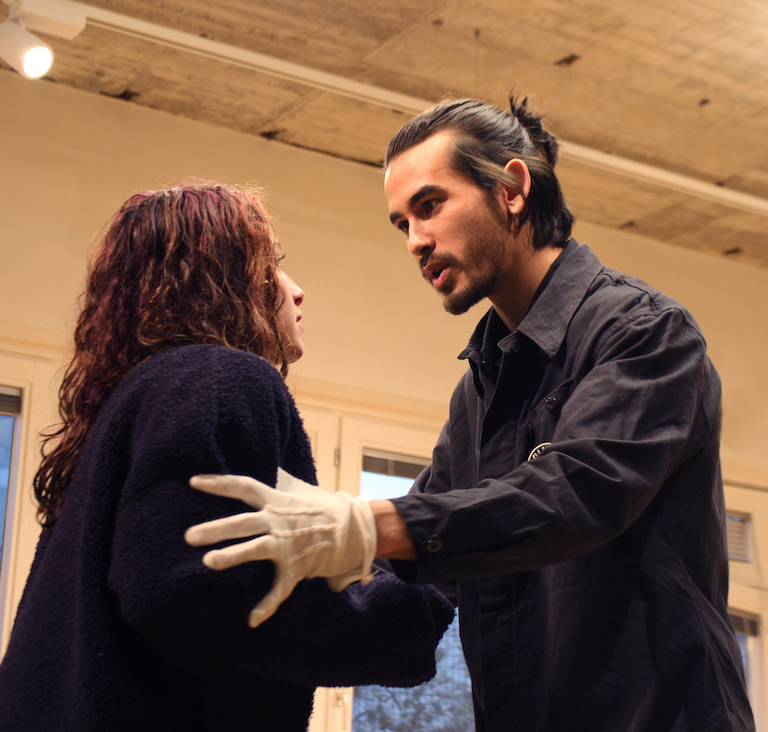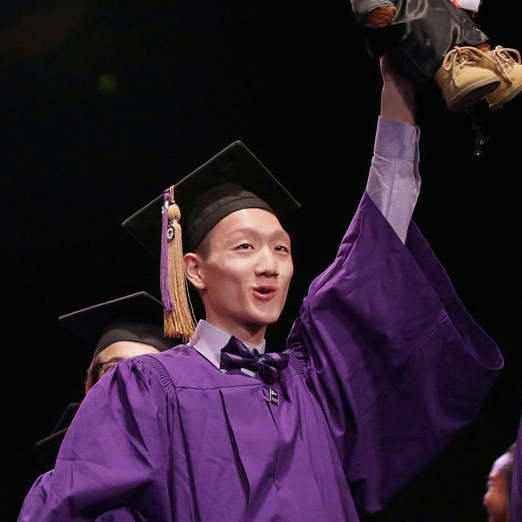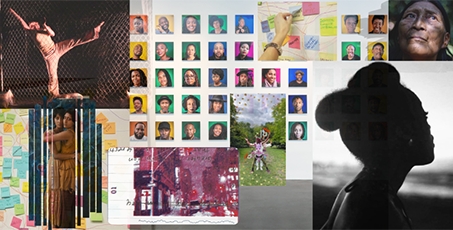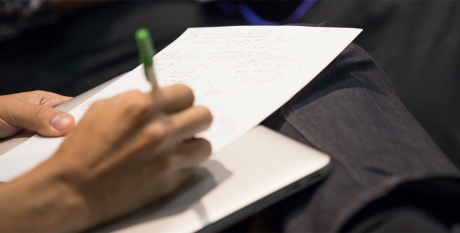Introduction to Performance Studies
PERF-GT 1000
A. Pellegrini
PERF-GT 1000.001 (7565) – Mondays, 12:30pm to 3:15pm
4 pts – 721 Broadway, Room 612
Recitation Sections:
PERF-GT 1000.002 (7566) - Tuesdays, 1:00pm-2:30pm, Stern
PERF-GT 1000.003 (7567) - Tuesdays, 1:00pm-2:30pm, Holfeuer
PERF-GT 1000.004 (7567) - Tuesdays, 2:45pm-4:15pm, Carr
This course is designed to introduce students to the field of performance studies via examination of some of the foundational texts, tracing various genealogies of the field and considering its links to various disciplines/modes of inquiry (anthropology, theater studies, dance studies, gender studies, critical race theory, psychoanalysis, etc.). What makes performance studies performance studies, and why do it? In considering this question we will consider the specificity of performance as an object of study, a mode of inquiry, a practice of self-hood and sociality, and as an aesthetic practice; we will also focus on the specific challenges and potentialities in writing about/as performance.
